
Scalp ringworm or tinea capitis is a fungal disease particularly common among the children from 4 to 14 years of age, although it is known to affect adults as well. Other than children, people who are prone to scalp ringworm are diabetics, HIV/AIDS and cancer patients and generally people with weak immune systems.
Causes and symptoms of scalp ringworm
Scalp ringworm, which has nothing to do with worms or other parasites, is caused by Dermatophytes, which are fungi that attack the skin. Fungus can spread from one person to another through contaminated objects, like hats, combs, brushes, towels and similar items. This fungus can also be present in animals like dogs, cats, pigs and horses, showing no symptoms at all, and the animal can serve as a carrier. The fungus penetrates the skin through cuts or tiny holes.
The common symptoms of scalp ringworm include red, flaky and scaly skin with inflamed patches. As the fungus infects hair shafts, the follicles break, leading to bald patches on the head. If untreated, scalp ringworm can progress and form kerions, which are large bumps filled with pus. This can sometimes lead to permanent hair loss.
Scalp ringworm can affect the eyebrows and eyelashes too, as well as lymph nodes behind the ears, on the neck and at the back of the head.
Treatment for scalp ringworm
The conventional treatment for scalp ringworm consists of anti-fungal medications, both topical and oral. In case of a superficial infection, topical lotions, creams and liquids can solve the problem, but in severe cases where the fungus has developed and progressed, oral anti-fungal medication must be prescribed.
Griseofulvin is the single most widely used drug for scalp ringworm. Other medications may include Terbinafine, Itraconazole, and Fluconazole. Prednisone is recommended for inflammatory scalp ringworm.
Medicated shampoos are also recommended for preventing the ringworm from recurring. These shampoos usually contain selenium sulfide and zinc pyrithione and should be used at least two or three times a week, leaving the lather on for three to five minutes before rinsing.
Home remedies can be used along with conventional treatment for scalp fungus. In some mild cases, home remedies alone can be effective against the fungus, but in more severe cases they will not be able to fight the fungus without the help of anti-fungal drugs.
Effective home remedies for scalp ringworm include papaya, paste of mustard or butea seeds, cassia leaves, holy basil and turmeric.



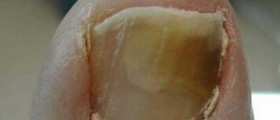
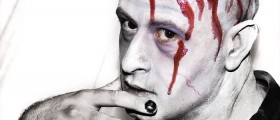
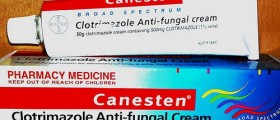

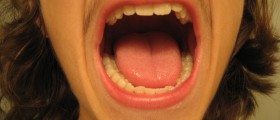
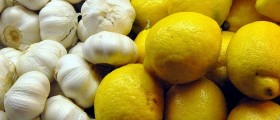
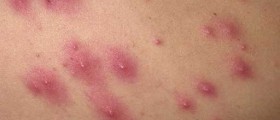


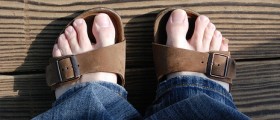
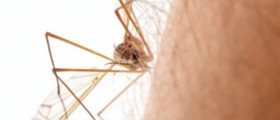
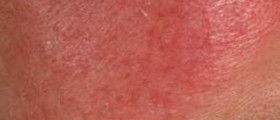

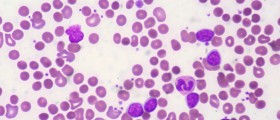
Your thoughts on this
Loading...